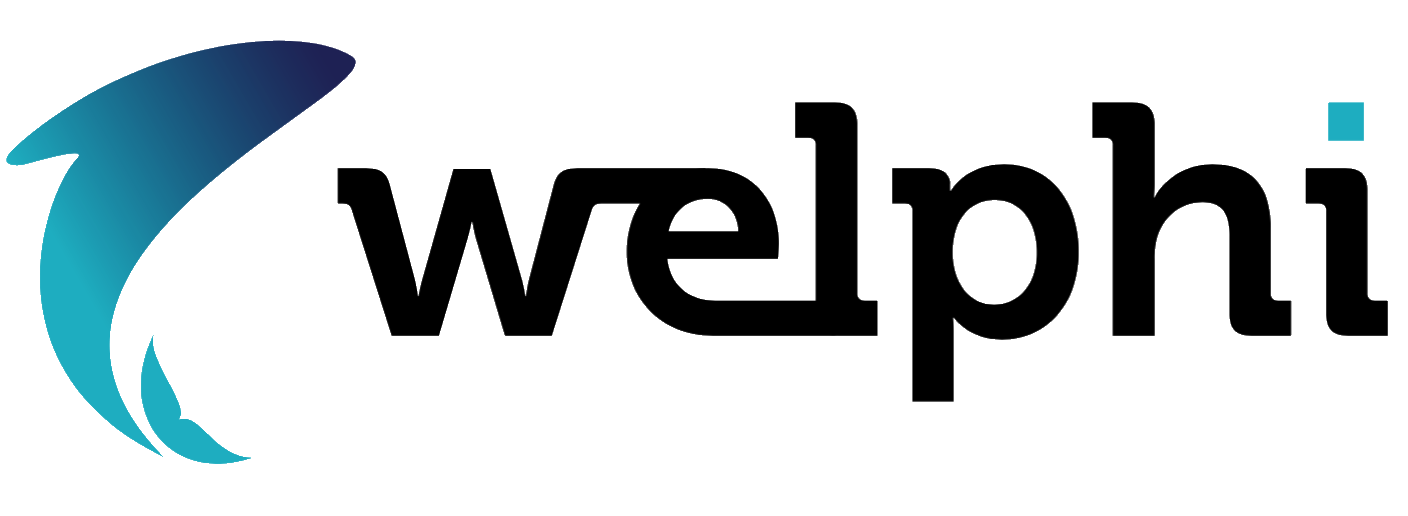Development of quality indicators for the continued and safe delivery of Opioid Agonist Treatment (OAT), throughout and beyond COVID-19, using a Delphi Consensus technique
Development of quality indicators for the continued and safe delivery of Opioid Agonist Treatment (OAT), throughout and beyond COVID-19,
using a Delphi Consensus technique
Paper
Cousins, G., Durand, L., Boland, F. et al. Development of quality indicators for the continued and safe delivery of Opioid Agonist Treatment (OAT), throughout and beyond COVID-19, using a Delphi Consensus technique. 2021, HRB Open Res 4:90
Delphi Technique
Opioid Agonist Treatment
The aim of this project is to identify priorities for quality improvements which will inform clinical decision making throughout and beyond the pandemic.
Source/Company
Gráinne Cousins, Louise Durand, Fiona Boland2, Norma Harnedy, Íde Delargy, Mike Scully, Margaret Bourke, William Ebbitt, María Otero Vázquez, Paula Mayock, Nicola Corrigan, Nicki Killeen, Paul Goff, Muriel Pate, Paula Byrne, Eamon Keenan
Authors
August 18, 2021
Published Online
Abstract
Opioid agonist treatment (OAT) is the most effective treatment for opioid dependence, although it relies heavily on regular face-to-face healthcare delivery. Following the emergence of COVID-19, policies were rapidly changed in Ireland to reduce the risk of contracting the virus for both clients and treatment providers. From March 2020, the Health Service Executive (HSE) National Social Inclusion Office introduced a series of national contingency guidelines, to ensure fast and uninterrupted access to OAT while balancing efforts to mitigate COVID-19 risks. The Programme for Government 2020 states they will retain many of the measures introduced during the COVID-19 pandemic to reduce waiting times in accessing treatment services and reduce overdose mortality. It is therefore essential to examine the impacts, benefits and unintended consequences of the special measures introduced during COVID-19 at a national level, thus informing which measures can and should be sustained throughout and beyond COVID-19 to support effective, safe and patient-centered care promoting the health and wellbeing of all people with opioid dependence. The aim of this project is to identify priorities for quality improvements which will inform clinical decision making throughout and beyond the pandemic. This will be achieved through a Delphi consensus study. Quality indicators will be identified by comparing the national contingency guidelines with the national 2016 Clinical Guidelines. The project steering group will review the proposed indicators, and the agreed quality indicators will be integrated into an on-line Delphi questionnaire. One hundred participants will be invited to form the Delphi consensus panel and will include a wide range of stakeholders, including people accessing OAT services, general practitioners, pharmacists and outreach workers. Evidence generated from this study will inform national policy decisions in relation to improving quality of care in OAT.
Keywords
COVID-19, opioid agonist treatment, quality indicator, Delphi technique, addiction services, drug policy, substance use disorder, harm reduction
- Gráinne Cousins
- Louise Durand
- Fiona Boland
- Norma Harnedy
- Íde Delargy
- Mike Scully
- Margaret Bourke
- William Ebbitt
- María Otero Vázquez
- Paula Mayock
- Nicola Corrigan
- Nicki Killeen
- Paul Goff
- Muriel Pate
- Paula Byrne
- Eamon Keenan
Version 1
18 Aug 21
Copyright: © 2021 Cousins G et al. This is an open access article distributed under the terms of the Creative Commons Attribution License, which permits unrestricted use, distribution, and reproduction in any medium, provided the original work is properly cited.
Other Papers
Priority indicators for evaluating the impact of field epidemiology training programs – results of a global modified Delphi study
Promoting Sustainable Urban Walkability: A Modified Delphi Study on Key Indicators for Urban Walkability in Gulf Cooperation Council Urban Streets
Development and refinement of the Clinical Global Impression of Improvement for Non-seizure Symptoms measure in Dravet syndrome and Lennox-Gastaut syndrome
Want to receive paper updates?
No worries, we don’t spam your inbox.

